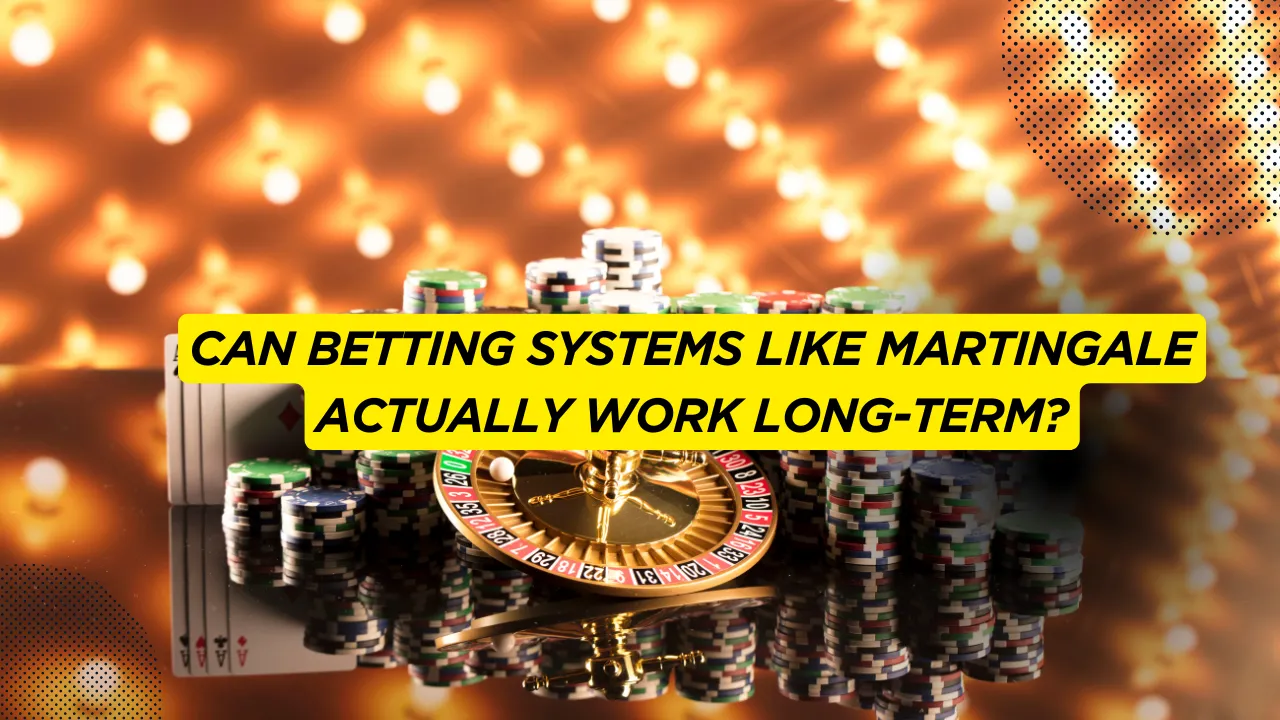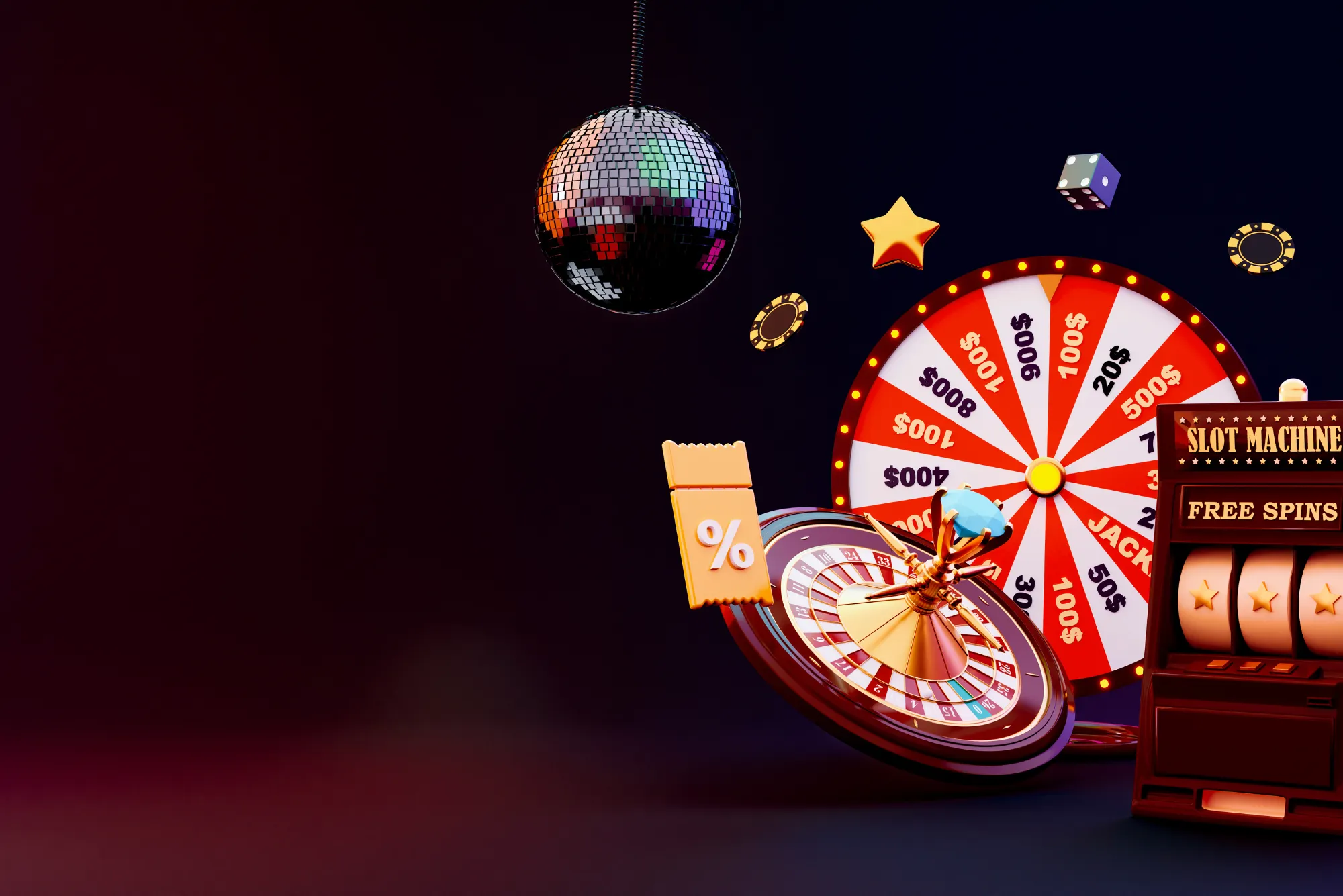Few betting strategies have captured as much attention as the Martingale system. Its simplicity makes it incredibly appealing: every time you lose, you double your stake. The logic is straightforward—when you eventually win, that win should recover all previous losses plus leave you with a small profit.
It sounds foolproof, and in the short run, many gamblers swear by it. But the bigger question is whether Martingale or similar betting systems can actually stand the test of time. As someone who has studied both the math and psychology of betting, I can say the answer is far more complex than the enticing simplicity of the system suggests.
The Psychology of Martingale’s Appeal
At first glance, Martingale seems like common sense. If you bet £10 on red at the roulette table and lose, you bet £20 on red the next time. If you lose again, you bet £40, and so on. Sooner or later, the wheel has to land on red, right? And when it does, you cover your previous losses and walk away slightly ahead.
This creates an illusion of certainty. Players often convince themselves that it’s “impossible” to lose indefinitely. But in reality, random sequences are far less predictable than our brains want them to be. Long losing streaks, while statistically rare, are inevitable over enough time. And that’s where the system’s cracks begin to show.
How Betting Systems Collide with Real-World Limits
The Martingale system works in theory only if two conditions are met: you have an unlimited bankroll and the casino allows unlimited bet sizes. In practice, neither is true. Every casino has table limits, and every player has financial constraints.
This means that eventually, a long enough losing streak will push you past either the table’s maximum bet or your own budget. At that point, the system collapses. You can lose hours of small gains in a single streak.
For example, imagine starting with a £10 bet and hitting a losing streak of 10 spins in a row. By the time you’re on your 11th spin, your stake would need to be £10,240 just to chase the losses. And if you lose again, the required bet doubles yet again. This is where many players realize the system isn’t nearly as sustainable as it first appeared.
Even on new betting sites that advertise innovative features and generous limits, the reality is the same: risk escalates exponentially, and no platform can bypass the basic math behind probability.
Short-Term Wins vs. Long-Term Reality
It’s true that in the short term, Martingale can feel like a winning system. Many players walk away with modest profits after only a handful of rounds. In fact, that’s part of why it’s so popular—it delivers frequent small wins, which reinforce the idea that it works.
The problem is that one disastrous losing streak can erase dozens of previous victories. The law of large numbers ensures that, over time, your results will trend back toward the house edge. Casinos know this, which is why they don’t fear betting systems like Martingale despite their popularity.
Alternatives to Martingale and Smarter Play
There are many variations of the Martingale system, such as the Reverse Martingale (where you double bets after wins instead of losses) or the Fibonacci system. While these may feel less risky, they still face the same fundamental problem: no betting system can change the underlying odds of the game.
The smarter approach is to treat betting systems as entertainment rather than guaranteed money-making strategies. They can provide structure to your play, making the experience more engaging, but they should never be mistaken for long-term profit tools.
Personally, I find using strict bankroll management far more valuable than chasing “perfect” systems. Deciding in advance how much I’m willing to risk, setting limits on time spent playing, and choosing games with higher return-to-player percentages all provide more control and sustainability than Martingale ever could.
Why Betting Systems Endure
Despite the flaws, Martingale and similar systems remain popular because they tap into human psychology. The idea of “beating the system” is incredibly tempting, especially when combined with the adrenaline of gambling. Stories of short-term success spread quickly, while tales of catastrophic losses often remain hidden or dismissed as bad luck.
This is the cycle that keeps these strategies alive. They aren’t designed to ensure long-term wins, but they are compelling enough to keep players trying, especially when small victories reinforce the illusion of control.
Final Thoughts
So, can systems like Martingale work long-term? The straightforward answer is no. They may deliver short-term excitement and even modest wins, but they cannot overcome the realities of probability, bankroll limits, and casino rules.
That doesn’t mean you shouldn’t ever try them. If approached with caution and seen purely as entertainment, they can add structure and fun to your betting sessions. The key is understanding that no system can eliminate the house edge. Sustainable gambling comes not from chasing flawed strategies but from playing responsibly, setting boundaries, and knowing when to walk away.








